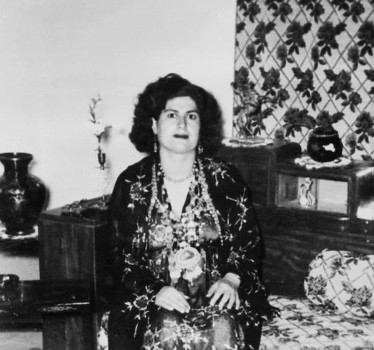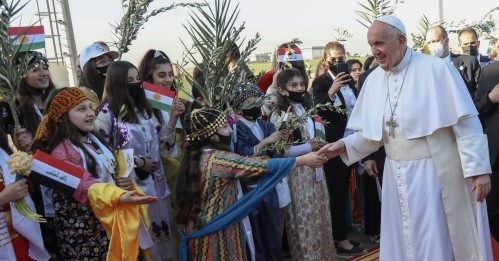All countries have unique media landscapes, but Kurdish media differs from media in other parts of the world for the noteworthy reason that it began in exile. The first Kurdish newspaper, titled Kurdistan, was published in Cairo in 1898, founded by the exiled Kurdish prince, Miqdad Madhat BadrKhan. Kurdistan was the voice of the Kurdish freedom fighters opposing Ottoman Sultan Abdul Hamid II and was followed by other newspapers in various regions of the Ottoman Empire as well as British-occupied Iraq and French-occupied Syria after World War I.
The first Kurdish radio station was also established outside Kurdistan’s borders, with Kurdish-language broadcasts beginning from Yerevan, the capital of Soviet Armenia, in early 1955. The broadcasts were experimental until the station launched regular broadcast programs two years later in 1957, as reported in an Arabic-language article by Kurdish researcher Rohat Alak in the magazine Kurdistan. The duration of Kurdish broadcasts on the radio station in Yerevan was rather short, and it is said that when the late General Mustafa Barzani visited the station before his return from the Soviet Union in 1958, he suggested that the broadcast duration be increased to a full hour from 30 minutes. Nevertheless, despite the broadcasts’ brevity, their impact on the Kurdish community worldwide was enormous.
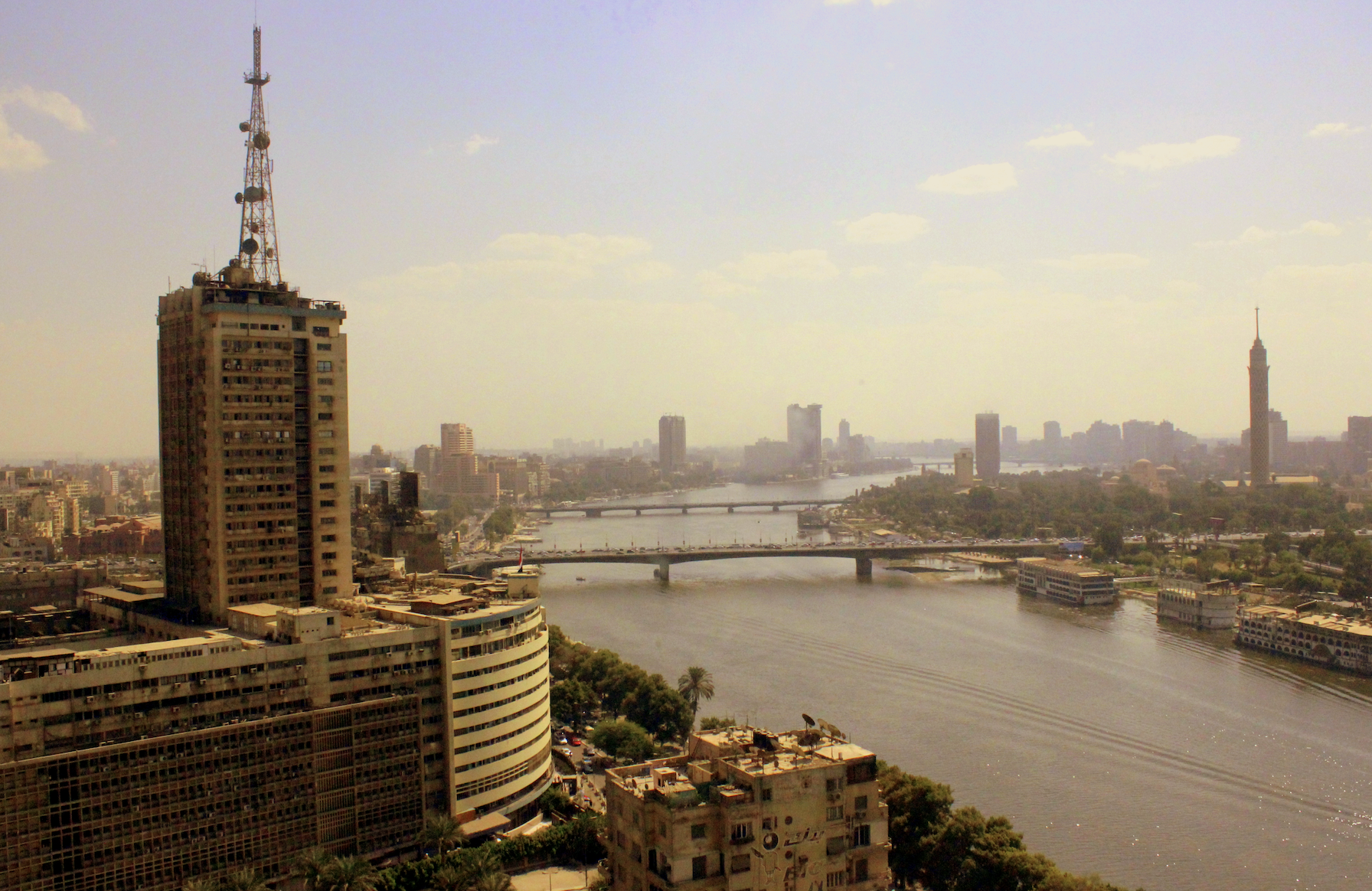
Non-aligned countries and peoples
In the same year, also far from Kurdish territory, another significant Kurdish radio station emerged: the Kurdish section of Cairo Radio, which was inaugurated on June 1 by order of the former President of Egypt Gamal Abdel Nasser. Journalist Ali Shamdini states that Kurdish politician Abdul Rahman Zabihi, who left Eastern Kurdistan (northwestern Iran) following the collapse of the Kurdish Republic of Mahabad in 1946, was the one who convinced Kamal Rifaat, a member of the Free Officers movement and a colleague of Nasser, of the necessity of a Kurdish section. Zabihi was in Cairo at the time to attend the 1957 African Asian Peoples’ Solidarity Conference, an important event during the Cold War that marked the emergence of unity among the non-aligned countries.
Kurdish politician and former Iraqi president Fuad Masum stated in a televised interview that Nasser ordered the establishment of the Kurdish section as part of Egypt’s policy to send messages to the world in various languages. This radio station was not affiliated with Voice of the Arabs, the most notable Egyptian transnational radio station in Arabic.
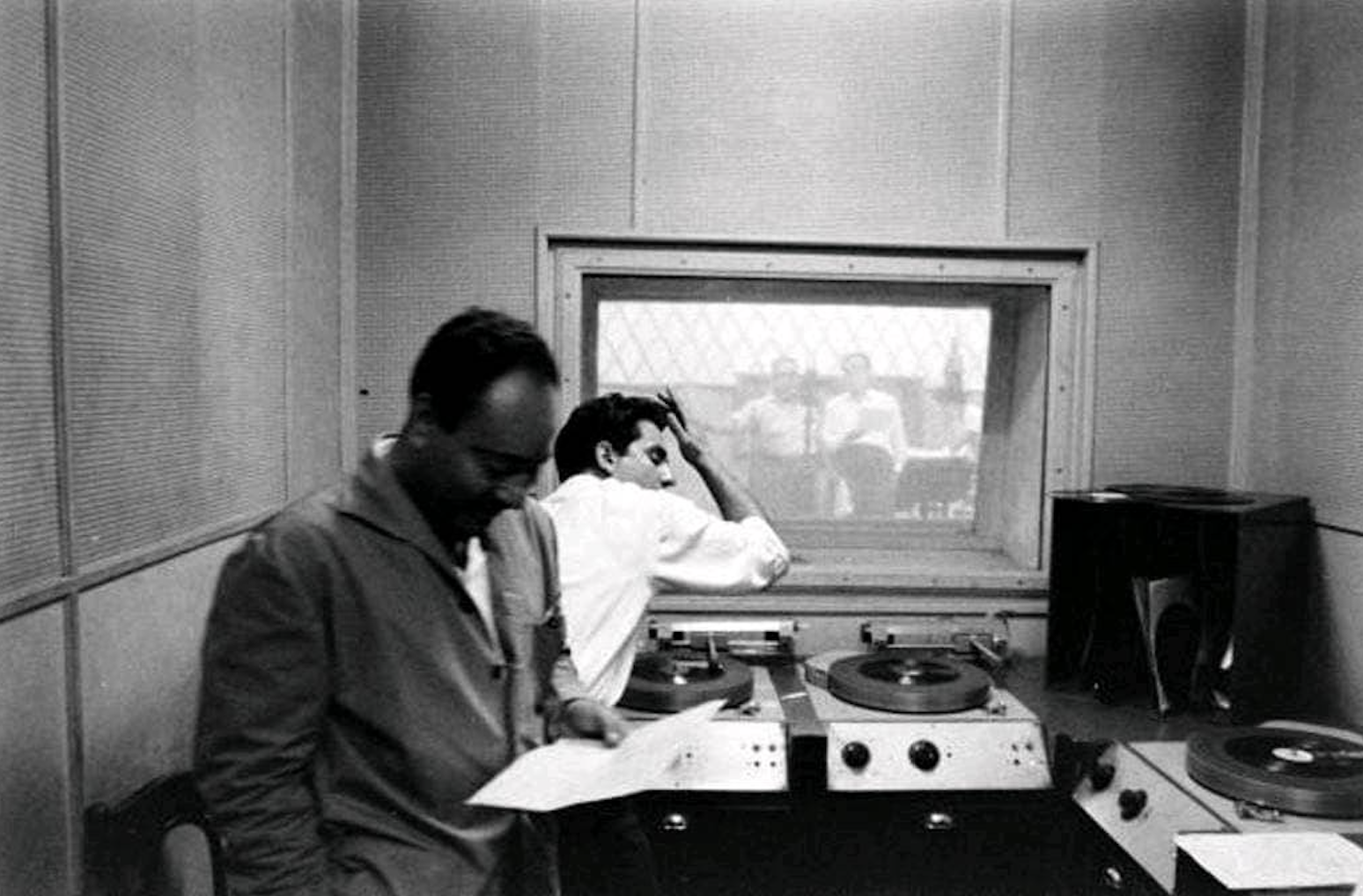
It is also worth mentioning that Masum was one of the first Kurdish broadcasters and worked in the Kurdish section during his time in Cairo as a student at Al-Azhar University, alongside other broadcasters from various parts of Kurdistan. These included Abdul Wahab Al-Malla, a Kurdish writer from the town of Amuda in Syria known for his book Love and Literature, and Asim Al-Husseini, also from Syria. The work of the Syrian-Kurdish broadcasters in the radio station ended after the dissolution of the United Arab Republic, which lasted from 1958 to 1961. Other notable broadcasters included Taher Baban, Abdullah Maruf from the city of Mariwan, Adnan Haqqi and Othman Nuqrani from Erbil, and Muhammad Ramadan Abdullah from Kirkuk.
Journalist Abdullah Muhammad Khalid Rustam claimed that the Kurdish Radio in Cairo had an inshad (chanting) group that visited the radio headquarters periodically to perform and broadcast some Kurdish national anthems. This group included Fatih Hamawandy, Abdul Hamid Duhoki, and Safwat Baban from Sulaymaniyah, Mustafa Sharif from Mawat, and Adel Saleh Mukhtar from Erbil. Rustam also mentioned that programs were broadcast daily from 4:00-5:00 pm to Iraq, Iran, Syria, Egypt, Jordan, Lebanon, Armenia, and parts of the Soviet Union.
Rustam added that the programs were diverse and included excerpts from Kurdish literature, songs, poetry, and history, as well political news, listener messages, and more. Broadcasts began with a recitation from the Quran and were followed by the Kurdish national anthem, “Ey Reqib.” Letters poured into the radio from Kurds throughout the region and, due to the large number received daily, the radio’s management had to create a daily program called Listener Messages to respond to them and properly engage with their listeners.
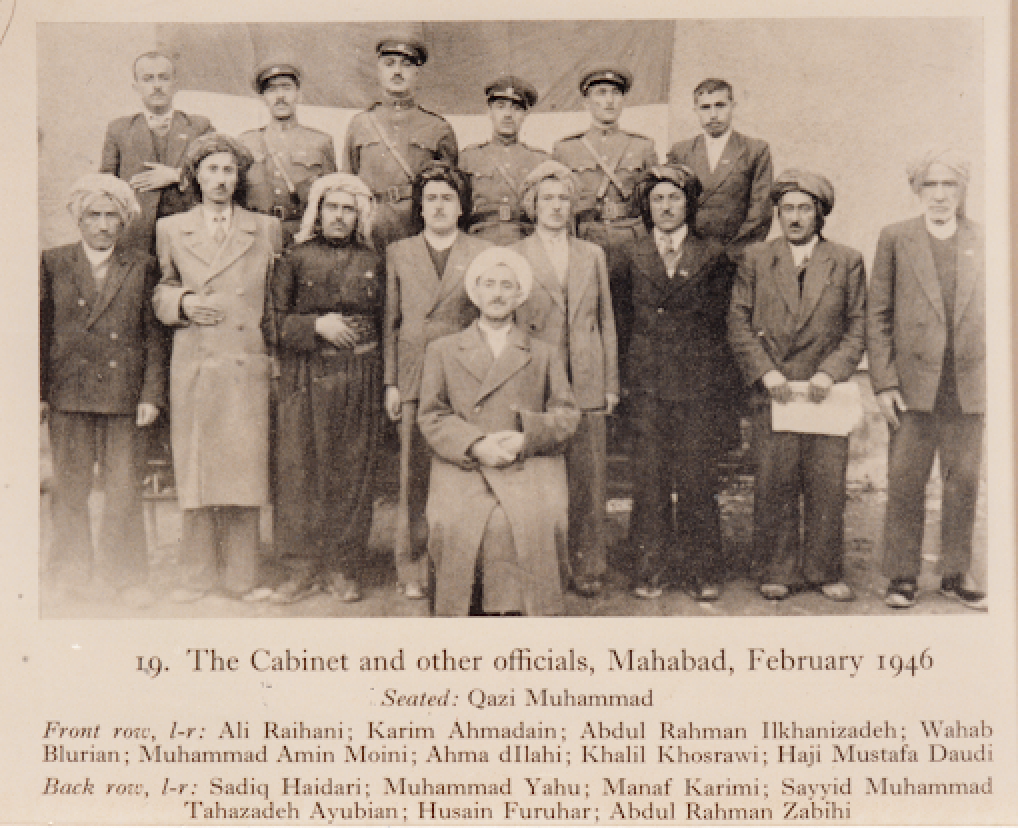
Regional challenges
It seems that the inauguration of the station caused problems for the Egyptian government. It is said that Turkey protested the Kurdish section, prompting leader Nasser to summon the Turkish ambassador in Cairo, asking him, “Are there Kurds in Turkey?” The Turkish ambassador replied, “No.” Nasser rejoined, “Then why is Turkey protesting a radio station broadcasting in a language of people who do not exist in your country?”
Of course, this story seems more of a humorous anecdote than historical fact, but it sheds light on the political atmosphere at that time. Some believe that the issue reflected the conflict between Nasser’s Egypt and the Baghdad Pact, including the Iraqi government of Nuri al-Said, which opposed the United Arab Republic.
Interestingly, Sheikh Omar Wajdi Al-Mardini, who oversaw the Kurdish Riwaq (رواق الأكراد) at Al-Azhar University, was appointed director of the Kurdish section at the radio station.
It is true that the opening of the Kurdish section in the Egyptian radio served Nasser’s Egypt, which conflicted with the reactionary forces in the region. However, it is certain that what the Kurdish section presented during its 10 years of operation served Kurdish culture and art immensely, and – just as importantly – contributed to strengthening Kurdish-Arab relations in general.
In 1963, Cairo Radio moved from Al-Shurafa Street to the Maspero area on the Nile Corniche, next to the Egyptian Ministry of Foreign Affairs. The complete archive of the Kurdish section, including tapes and writings, is still preserved in the archives of Cairo Radio today.
Mey Dost is currently pursuing a master’s degree in Digital Media Communication at RWTH University in Germany.
